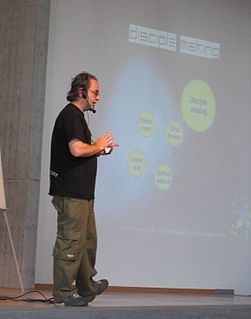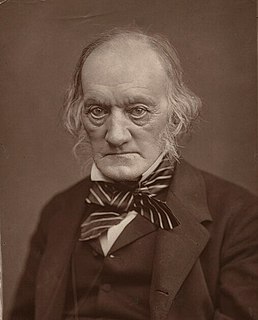A Quote by Bonnie Hammer
I have tremendous admiration for companies with the kind of pioneering spirit and innovation eBay has demonstrated from day one.
Quote Topics
Related Quotes
I think it's a competitive advantage that both Amazon and Google and other tech companies have over a lot of their counterparts. They take big risks and are pioneering new markets with the promise of big rewards. It's why Amazon is kind of reliably starting new businesses and opening kind of new frontiers.
It's the unlikely juxtaposition of creativity and logic which causes the wooliness and confusion around the term 'innovation'. Everybody wants to be innovative; many companies and ideas are proclaimed to be innovative and no one doubts that innovation is a money spinner. And, thus, we are all looking for the magic formula. Well, here you go: Creativity + Iterative Development = Innovation.
There are companies that are good at improving what they're already doing. There are companies that are good at extending what they're doing. And finally there are companies that are good at innovation. Every large company has to be able to do all three - improve, extend, and innovate - simultaneously.

































